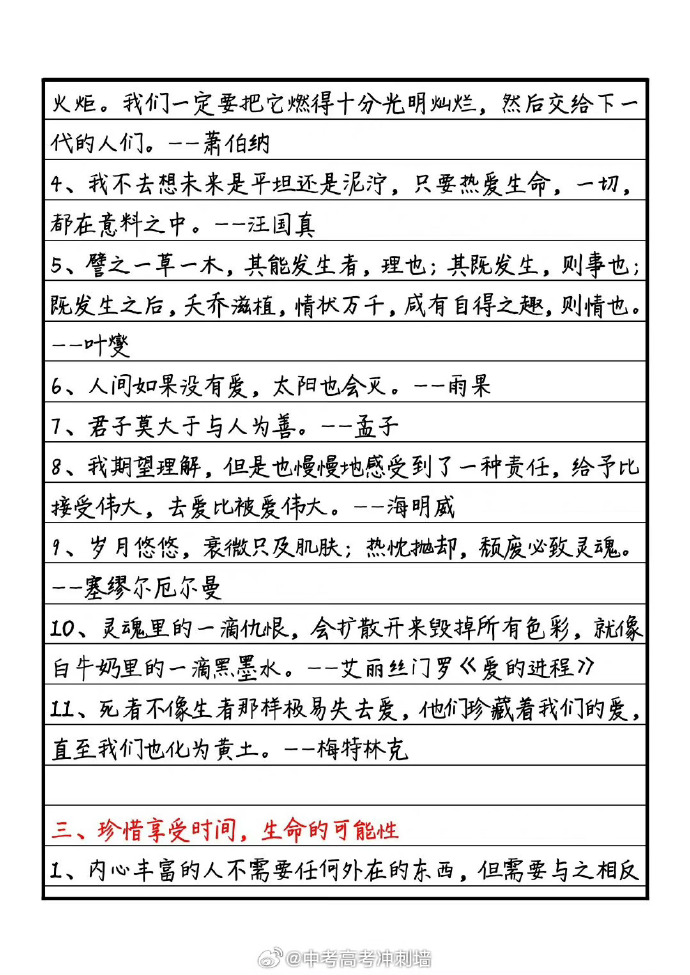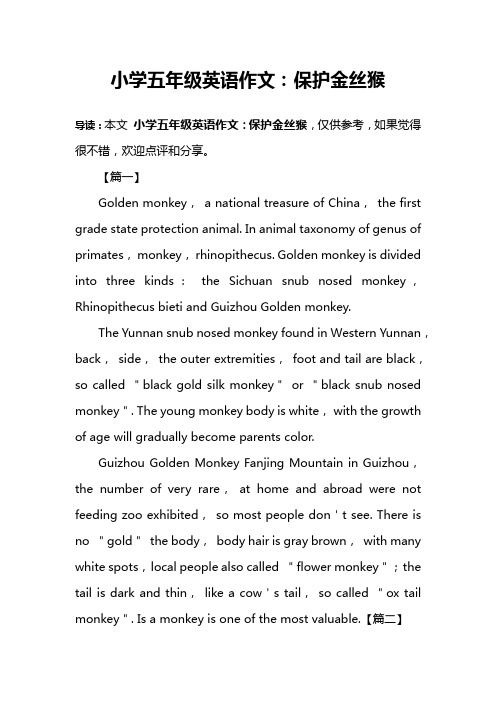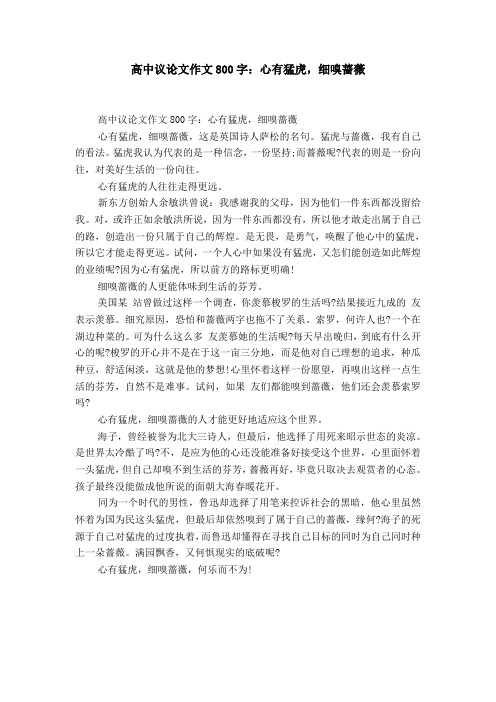In recent years, the trend of engaging in part-time jobs has become increasingly prevalent, especially among students and young professionals. This phenomenon is not without its pros and cons. On one hand, taking up a part-time job can provide individuals with valuable financial support, work experience, and life skills. On the other hand, it may also lead to time management issues, academic or professional distractions, and even mental health challenges. Therefore, it is crucial for individuals to weigh the advantages and disadvantages before deciding whether or not to pursue a part-time job.

To begin with, let us explore some of the benefits of having a part-time job. Firstly, financial assistance is perhaps the most obvious advantage. Many students and entry-level employees find themselves in need of extra income to cover living expenses or educational costs. By working part-time, they can supplement their primary source of income and alleviate financial stress. Secondly, part-time employment offers valuable work experience that can be instrumental in building a robust career. It exposes individuals to real-world workplace dynamics, fosters teamwork, and enhances problem-solving abilities. Lastly, part-time jobs help develop important life skills such as time management, responsibility, and communication. These skills are essential for personal growth and professional development.
However, it is equally important to consider the potential downsides of holding a part-time job. One major concern is the issue of time management. Balancing a part-time job alongside academic or professional responsibilities can be challenging. Students, in particular, may struggle to allocate sufficient time for studying, leading to poor academic performance. Similarly, overcommitment to part-time work can cause burnout and affect overall well-being. Furthermore, there is always the risk of distraction from the main objective, be it completing a degree or advancing in one's career. The demands of a part-time job might detract from focusing on long-term goals. Additionally, the stress associated with managing multiple commitments can take a toll on mental health, potentially leading to anxiety and stress disorders.
Given these points, it becomes evident that the decision to take up a part-time job is nuanced and requires careful consideration. For those who choose to embark on this journey, it is essential to strike a balance between work and personal life. Clear time management strategies and prioritization skills can help mitigate the adverse effects. Moreover, employers should be understanding of their employees' dual obligations and offer flexibility in work arrangements when possible. On an individual level, setting realistic expectations and ensuring adequate rest and leisure time are vital components of maintaining both work-life balance and mental health.

In conclusion, while part-time employment offers substantial benefits such as financial aid, practical experience, and skill development, it also poses challenges like time constraints, potential burnout, and mental health issues. It is imperative for individuals to evaluate their circumstances thoroughly before committing to a part-time job. By doing so, they can maximize the positive aspects while minimizing the drawbacks, ultimately enhancing their overall life experiences and achieving a harmonious integration of work and personal growth. In essence, a well-thought-out approach can turn a part-time job into a rewarding endeavor rather than a burdensome obligation.
未经允许不得转载:» 对兼职的看法英语作文(兼职观点英语作文)

 佰一阅读网
佰一阅读网

















